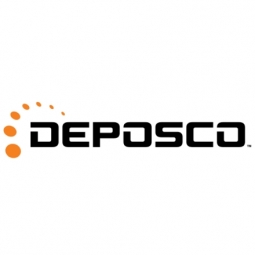Suppliers
United States
Deposco
Overview
This profile is not managed yet, if you would like to manage
this profile, please contact us at team@asiagrowthpartners.com
this profile, please contact us at team@asiagrowthpartners.com
 |
Deposco |
| United States | |
| Alpharetta | |
| 2004 | |
| Private | |
| $10-100m | |
| 51 - 200 | |
| Open website |
IoT Snapshot
Technology Stack
Case Studies
Number of Case Studies6
|
RIM Logistics' Massive Growth with Deposco's IoT Solution
RIM Logistics, a leading 3PL provider since 1997, found itself on the brink of a technological precipice in 2017. The company was operating on outdated technology and was hesitant to transition to cloud-based solutions. However, the team recognized the need to upgrade their systems to retain and attract new customers. They needed more than just basic scanning capabilities; they needed a system that could offer flexibility, cloud technology, and accessibility from anywhere. The goal was to expand their customer base into the business-to-consumer (B2C) market, but they needed to find the right partner to make this leap. |
|
|
Power Design Resources Enhances Order Accuracy and Efficiency with Deposco
Power Design Resources, a national design-build multi-trade contractor based in St. Petersburg, Florida, was facing significant challenges with their inventory fulfillment process. Their existing ERP system was not providing the necessary data to monitor their operations or increase accuracy, leading to costly delays in construction schedules. The team often received reports of missing materials on site, with no way to verify if the entire order was dispatched. This lack of transparency and control over their inventory both inside and outside the warehouse was negatively impacting their overall revenue. They needed a more efficient and accurate solution to manage their operations and inventory. |
|
|
The Daily Grace Co. Boosts Growth with IoT Solution
The Daily Grace Co., an e-commerce seller of gospel-centered resources, was facing significant challenges in managing its inventory and fulfilling orders. Despite using two inventory tracking systems, the company was unable to keep up with its rapidly growing top-line revenue, which was doubling every year. The team had to manually put tickets into bins and conduct physical quality control checks on every order. Additionally, a dedicated role was required to research shipping rates for each order before it could be shipped. The company's two legacy systems were not integrating well with Shopify, leading to frequent loss of orders. The team was losing revenue and was only able to fulfill a maximum of 1,000 orders a day. It was clear that a more efficient warehouse management system (WMS) was needed. |



